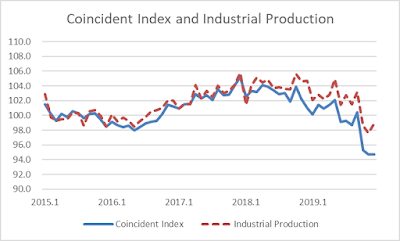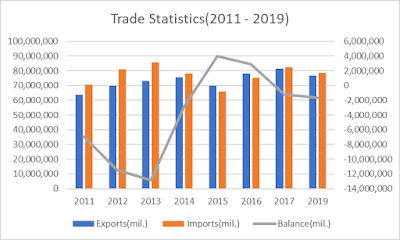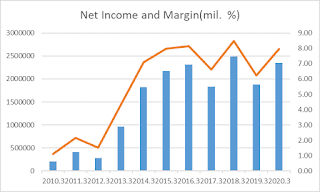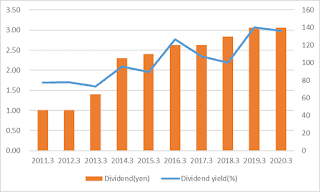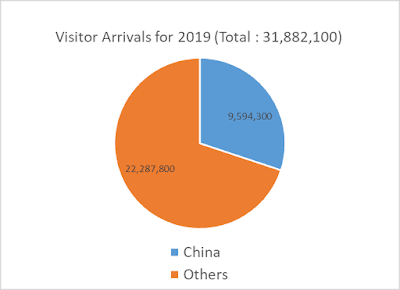Nagoya Castle, one of the most popular tourist destinations in the Chubu region

Nagoya Castle visited by more than 2.2 million annually Nagoya Castle is one of Japan's most prominent castles built by Tokugawa Ieyasu, and is designated a National Historic Site by the Japanese government , considered equivalent of being a National Treasure. It is one of the most popular tourist destinations in the Chubu region with over 2.2 million visitors annually. Tokugawa, who won the battle in Sekigahara and opened the Edo Shogunate in 1603 built Nagoya Castle to defend the midpoint of the Tōkaidō route to his base at Edo capital against Osaka Castle, the base of the Toyotomi family, former ruler and a threat to the Shogunate at the time. Since then, it prospered for 260 years during Edo period as the residence of the Owari Tokugawa family, the head of the “Tokugawa Gosanke”, three privileged branches of Tokugawa family. Honmaru Palace Its Honmaru Palace, originally used as the administrative office and residence of the first feudal lord of Owari h
